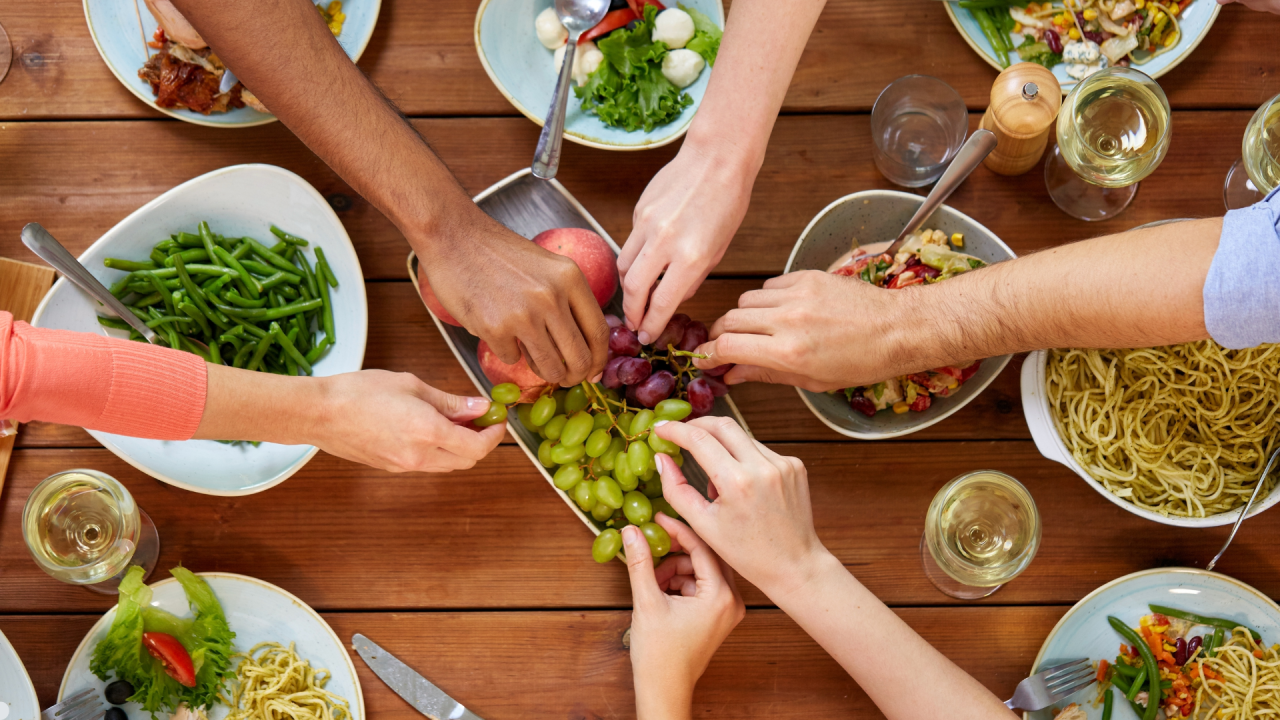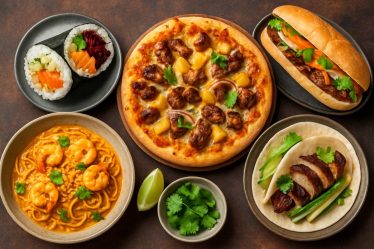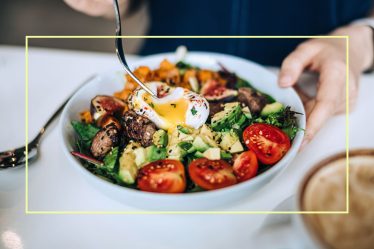
Introduction
Food is far more than just sustenance—it’s a form of self-expression, a cultural identity, and even a path to better mental and physical health. In a world where trends like “clean eating,” gut health, and sustainable sourcing dominate social feeds, how and what we eat is becoming a reflection of who we are. Let’s explore how food is shaping modern lifestyles and bringing people together in new and meaningful ways.
Food as a Reflection of Culture
Every dish tells a story. From handmade dumplings during Lunar New Year to spicy street tacos in Mexico City, food is the most delicious way to experience culture.
- Traditional recipes are passed down through generations and preserve heritage.
- Fusion cuisine is on the rise, blending flavors from different cultures (think: Korean-Mexican tacos or sushi burritos).
- Street food is gaining global appreciation as an authentic, affordable way to taste the heart of a culture.
Whether you’re at home or abroad, food is a cultural passport.
The Rise of Conscious Eating
Today’s consumers care not only about taste, but also about what’s behind the food on their plate. People are asking: Is this good for me? For the planet?
- Plant-based diets are growing rapidly, driven by climate concerns and health.
- Organic, locally sourced, and seasonal foods are preferred for sustainability and freshness.
- Labels like “gluten-free,” “non-GMO,” and “fair trade” signal more mindful choices.
Food is becoming a form of activism and personal responsibility.
Food and Mental Health
You are what you eat—and that includes your mood. Science continues to show that the gut-brain connection is real.
- Probiotics and fermented foods like kimchi, yogurt, and kombucha support gut health, which is linked to emotional well-being.
- Omega-3s, found in foods like salmon and walnuts, can help combat depression and anxiety.
- Skipping ultra-processed foods and refined sugar helps stabilize mood and focus.
Food is fuel not just for the body—but for the mind.
Social Media and Food Trends
From #FoodTok to viral recipes, food is one of the most powerful forms of content online today.
- TikTok and Instagram are shaping the way we cook, eat, and discover new dishes.
- Trends like “butter boards,” “girl dinners,” and air-fryer hacks are reshaping everyday meals.
- Influencers and chefs are building communities around recipes, meal prep, and culinary adventures.
Food is no longer just eaten—it’s performed, shared, and followed.
Eating as an Act of Self-Care
In a world that rarely slows down, cooking and enjoying food can be an act of mindfulness.
- Preparing your own meals gives you control over what goes into your body.
- Eating slowly and without distractions improves digestion and satisfaction.
- Sharing meals with loved ones creates emotional connection and joy.
Food is one of the simplest—and most powerful—forms of daily self-love.
Conclusion
Food touches every part of life: our health, culture, identity, and even our emotions. Whether you’re cooking a family recipe, trying a trendy superfood, or just savoring your morning coffee, every bite is a chance to nourish yourself and connect with something deeper. So take your time, taste with intention, and celebrate food as the meaningful, delicious force that it is.


